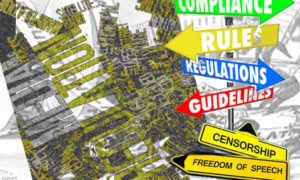Libertarianism– a political philosophy that advocates only minimal state intervention in the free market and the private lives of citizens. the enforcement or advocacy of strict obedience to authority at the expense of personal freedom.the enforcement or advocacy of strict obedience to authority at the expense of personal freedom.
Authoritarianism– the enforcement or advocacy of strict obedience to authority at the expense of personal freedom.
Hedonism– the pursuit of pleasure; sensual self-indulgence, meaning it is quite self serving.
Epicurus– What is pleasure? What is the relationship between happiness and pain? He didn’t believe that money and sex was what made people happy, this is because of the large number of toxic relationships meaning cheating, jealousy and misunderstanding. He believed that friends, alone time and finding peace in yourself is what truly makes a person happy.
The Frankfurt School– conforming to your own slavery, which made this experience cause people to be intellectually inactive and politically passive
Post WWII saw the rise of the permissive society. 1960’s. Some social norms become increasingly liberal, especially with regard to sexual freedom.
-lack of concern for the wishes or opinions of others.
| Key Question | Focus | Specifics |
| Why regulate? | Truth + appropriate messaging+ knowledge, info+decency+ethics/morals +privacy | |
| What gets regulated? | Newspapers, websites, movies, radio, tv, advertising, | |
| Who regulates what? | Government, organisations, police court law and order, offcom, independent bodies, individuals/groups | |
| How will regulation be put in place? |








